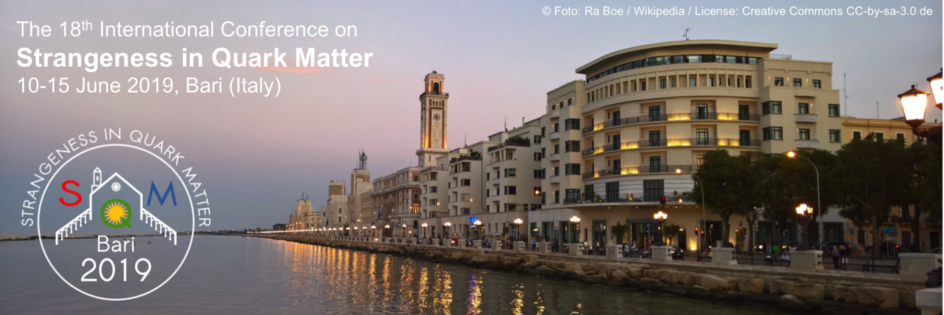Speaker
Description
The study of hadronic resonance production provides a unique tool to investigate the interplay of re-scattering and regeneration effects in the hadronic phase of heavy-ion collisions. The $\phi$ meson has a longer lifetime compared to other resonances. Thus, it is expected that its production will not be affected by regeneration and re-scattering processes. Measurements in small collision systems such as proton-proton (pp) collisions provide a necessary baseline for heavy-ion collisions and help to tune pQCD inspired event generators. Being a $\mathrm{s\bar{s}}$ quark pair with zero net-strangeness content, measurements of $\phi$ meson production also contribute to the study of strangeness production in small systems. Event shape observables like transverse spherocity are sensitive to hard and soft processes and are useful tools to understand high multiplicity pp collisions. We report measurements of $\phi$ meson production in minimum bias pp collisions at different beam energies and as a function of charged particle multiplicity and transverse spherocity. The results include the transverse momentum $(p_{\mathrm{T}})$ distributions of $\phi$, $\langle p_{\mathrm{T}}\rangle$ values and particle yield ratios. The results will be compared to pQCD inspired models such as PYTHIA and EPOS-LHC.
| Track | Hadron Resonances |
|---|---|
| Collaboration name | ALICE |
